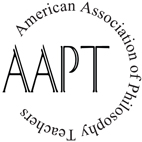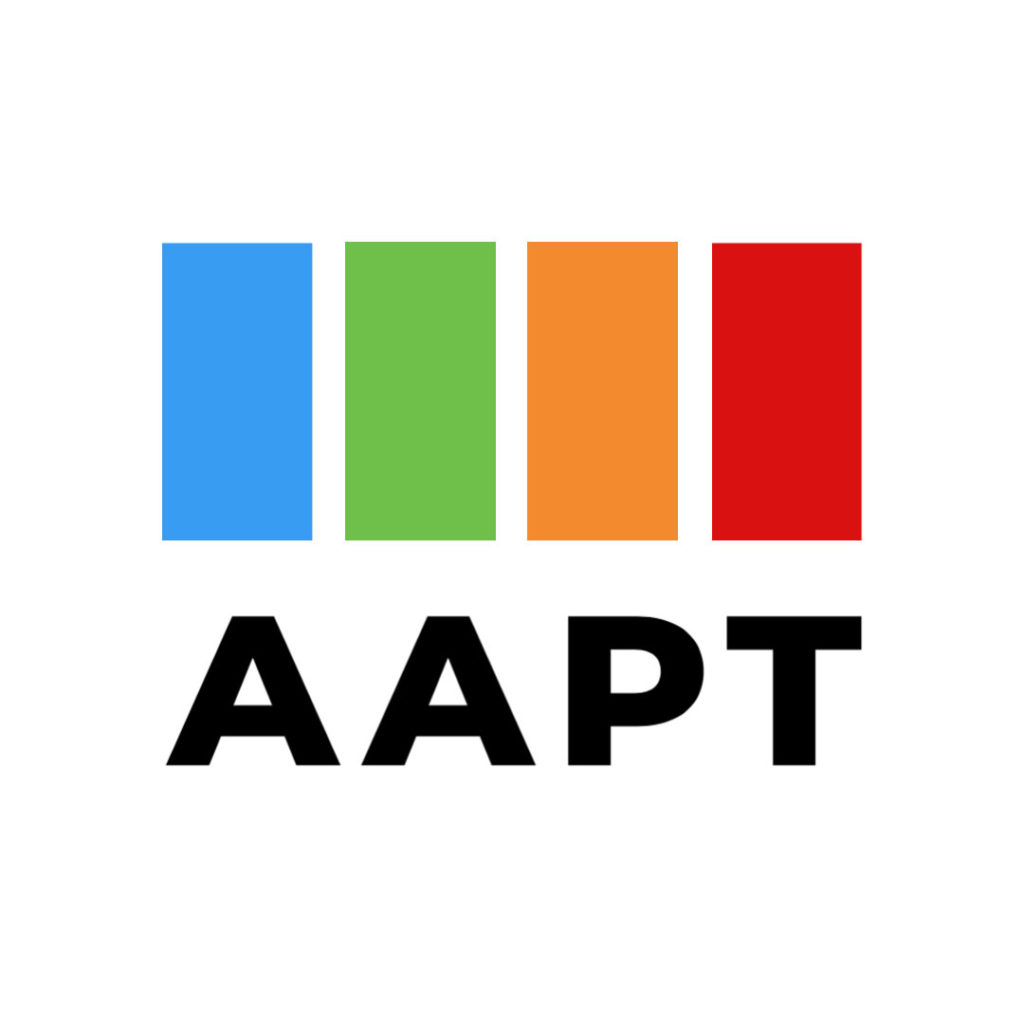[Conference Materials] Ethics Across the Curriculum
On: Aug 23, 2012 @ 1:53 PM
- Post Title: Ethics Across the Curriculum
- Post Author: F. Scott McElreath
- Description: Ethics teachers (and their administrators) want to think that students are morally improved as a result of taking their course. There is disagreement over what improvement, if any, takes place. Some people may believe that if students complete an ethics course, then they will tend to act better. That is, they will probably perform more right acts. This is very hard to assess, and, as far as I know, no study has shown this. Others may hold that an ethics course tends to improve students’ characters (Gould, 2002). For example, students may be more morally sensitive due to completing an ethics course (McElreath, 2008).
In this presentation, I aim to avoid the controversy over whether a single ethics course morally benefits students. Instead I will focus on whether students will be improved after being exposed to ethics for all four years of college. Let me explain. All colleges and universities that are part of the Southern Association of Colleges and Schools must have an approved Quality Enhancement Plan (QEP) in order be accredited. A QEP is a campus-wide initiative that lasts ten years and improves student learning. Many institutions focus on critical thinking, reading, writing, global citizenship, mathematics, or some combination of these (http://www.sacscoc.org/2011TrackAQEPSummaries.asp). My institution, William Peace University, seems to be one of the few schools that focuses on ethics. Others include Hardin-Simmons University, James Madison University, and
Texas Tech University.In particular, William Peace University chose ethical decision-making as its QEP topic and began its ten-year initiative this past fall. Our plan includes both curricular and non-curricular components that span over the four years of a student’s academic career. In effect, we are implementing a form of ethics across the curriculum with some non-curricular aspects. Michael Davis calls this, “ethics across the campus” (Davis, 2004). We are testing the hypothesis that if students practice using an ethical decision-making model for four years, then their ethical reasoning will improve. In this presentation, I will provide a brief summary of the components of our plan, explain the Eight Question Model for Ethical Decision-Making our institution created, describe ways we use it inside and outside of the classroom, allow workshop participants an opportunity to use the model, and facilitate a discussion of how participants might use this model or other aspects of our QEP in their philosophy classrooms or elsewhere at their institutions. I will also lead a discussion of how we might best test our hypothesis.
- Attachment 1: AAPT-QEPpresentationhandout-Summer2012 (08-23-12-01-53-06).docx (28 kB)
- Resources related to (check all that apply): Argument identification, diagraming, etc.
- Selected License: CC: Attribution-NonCommercial-ShareAlike 3.0


